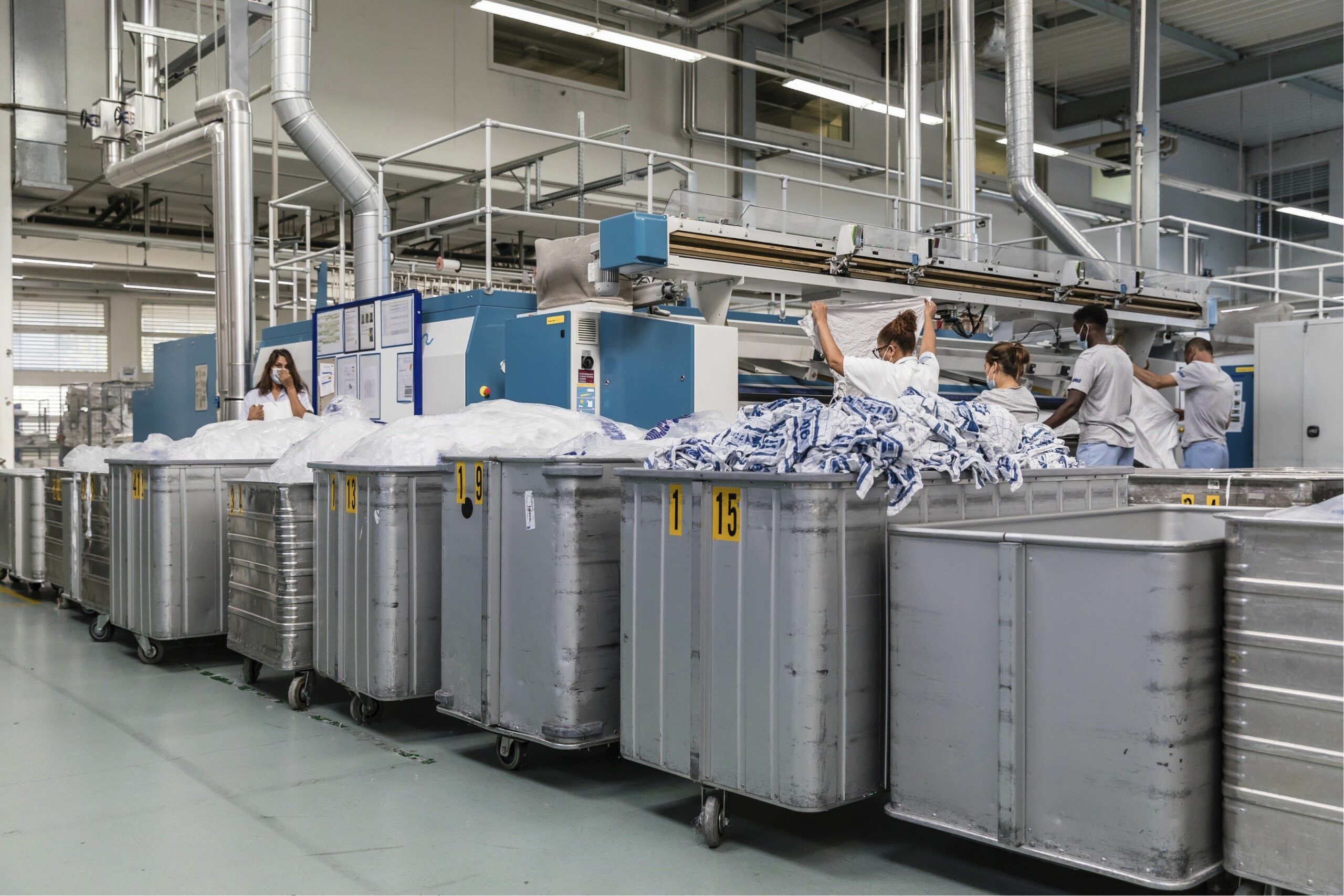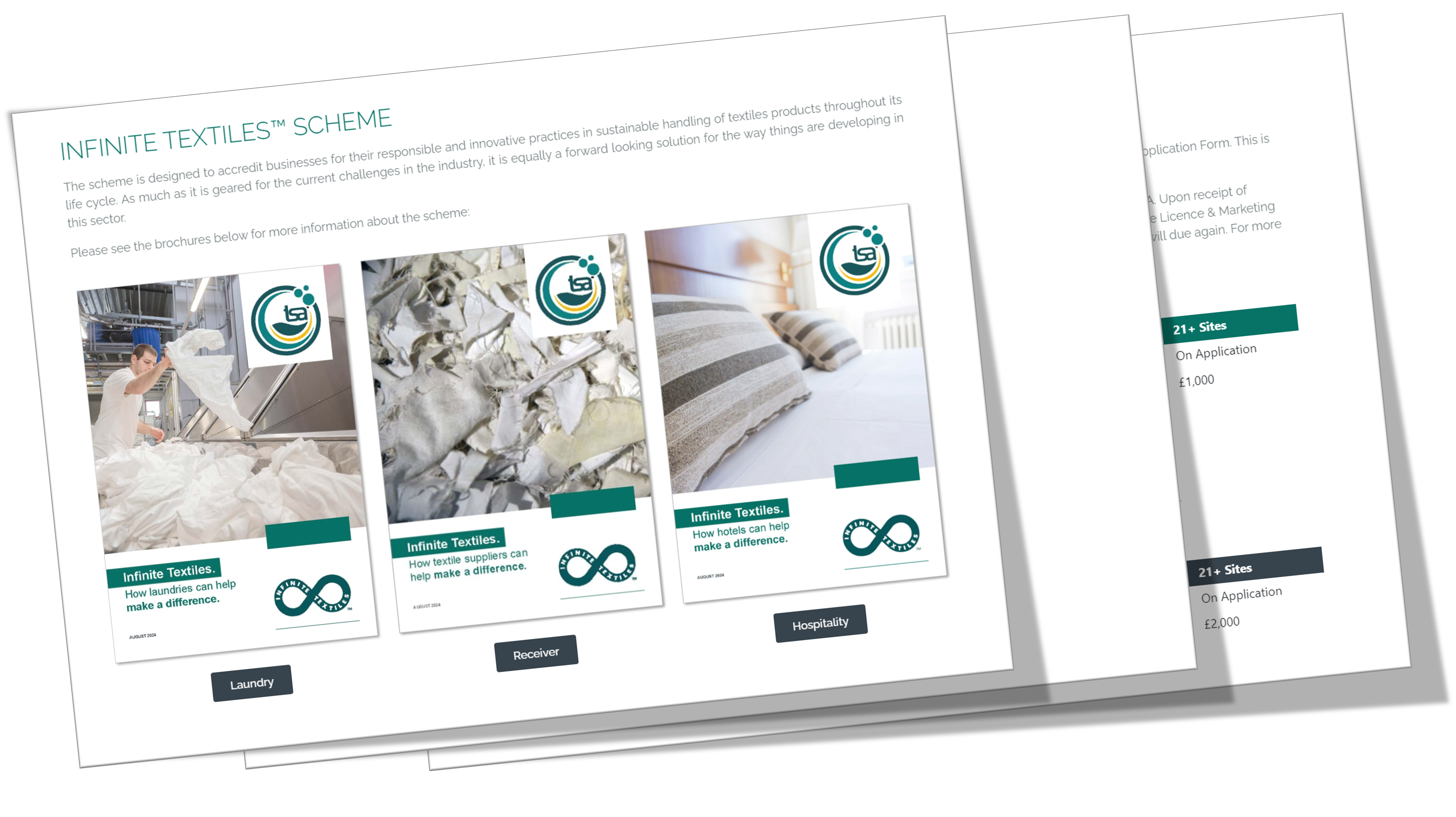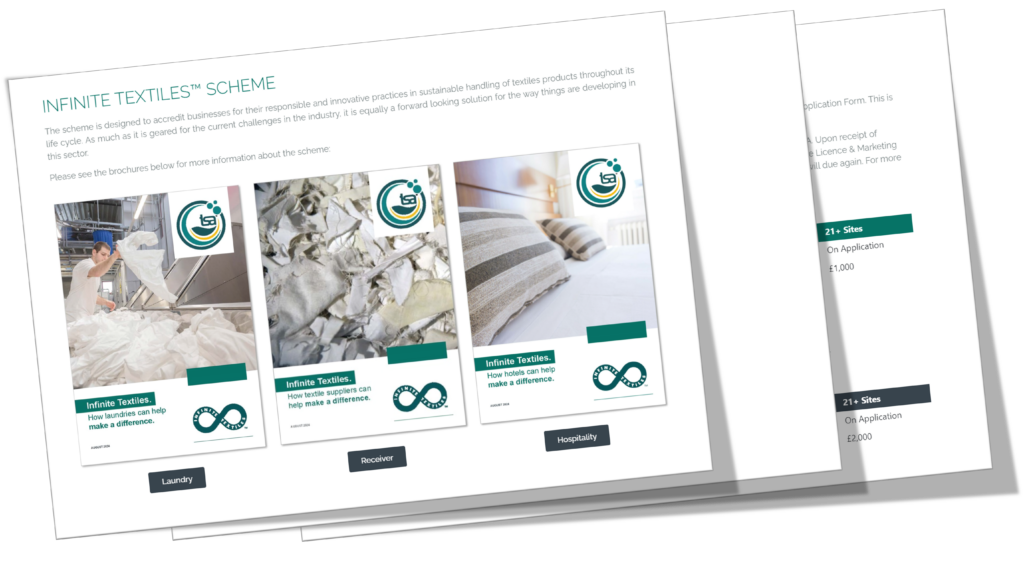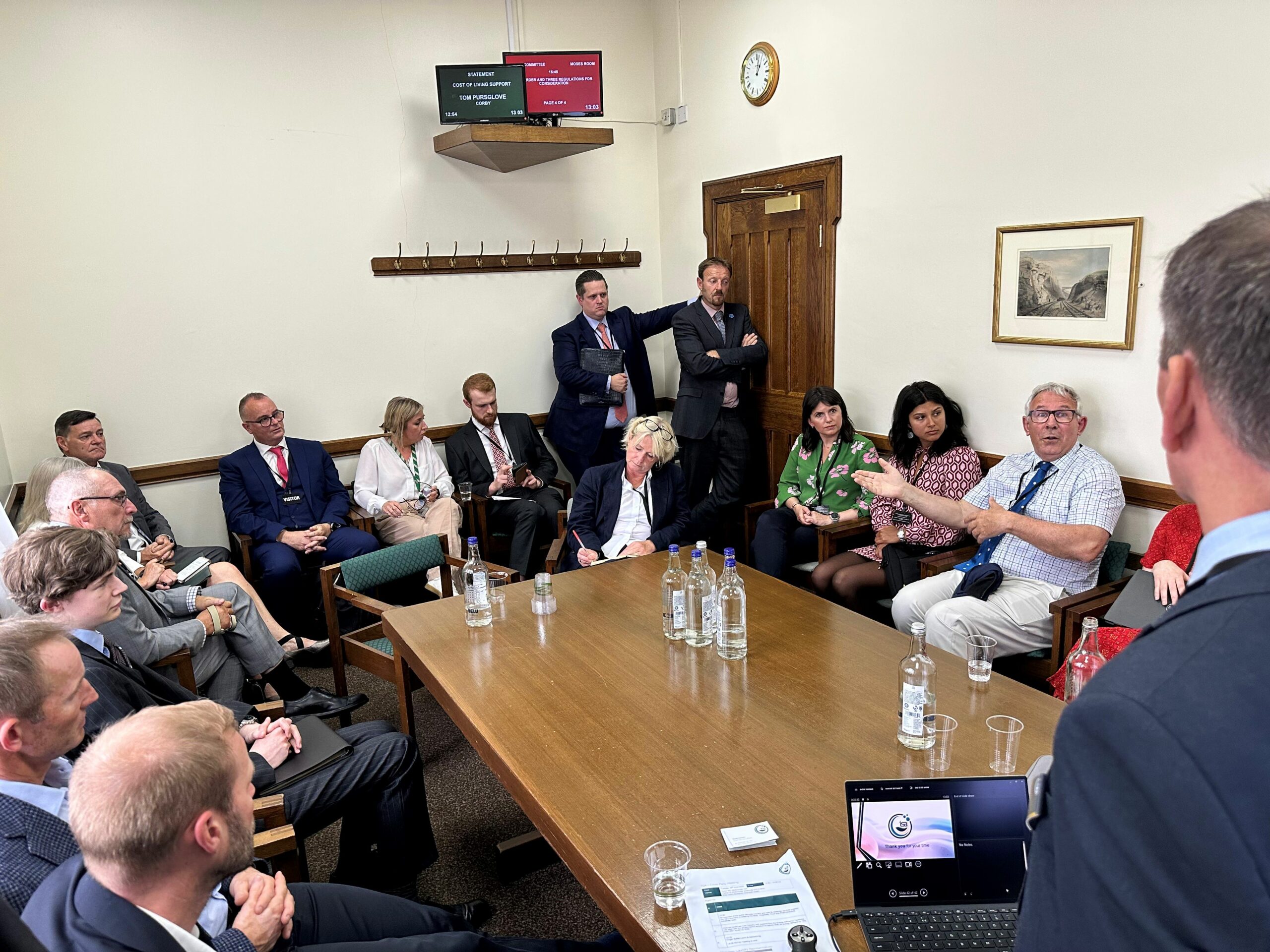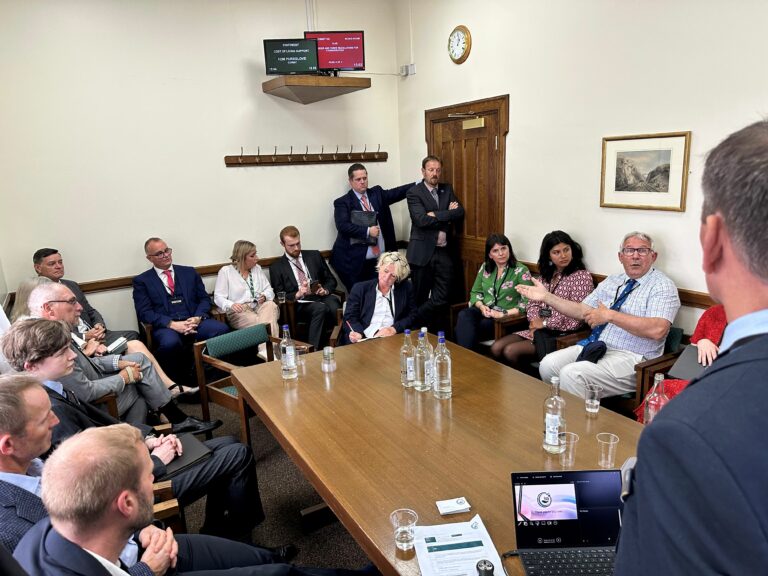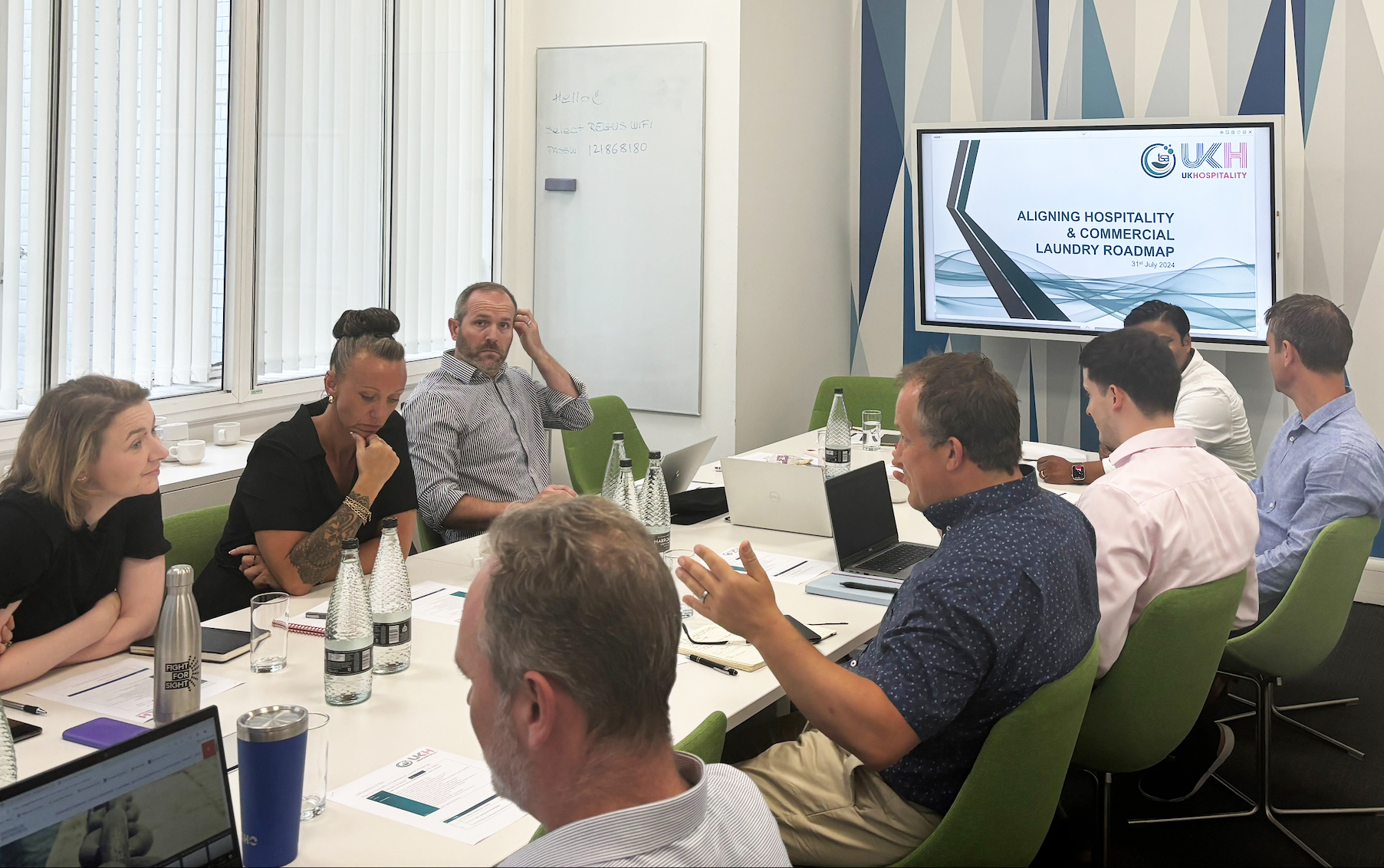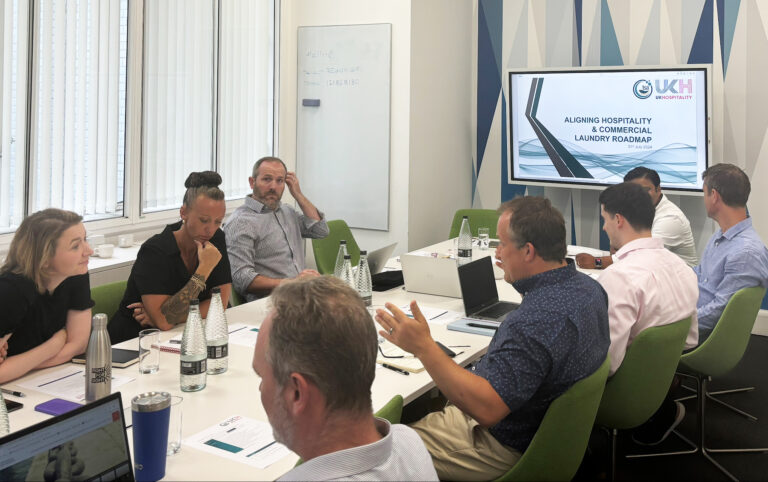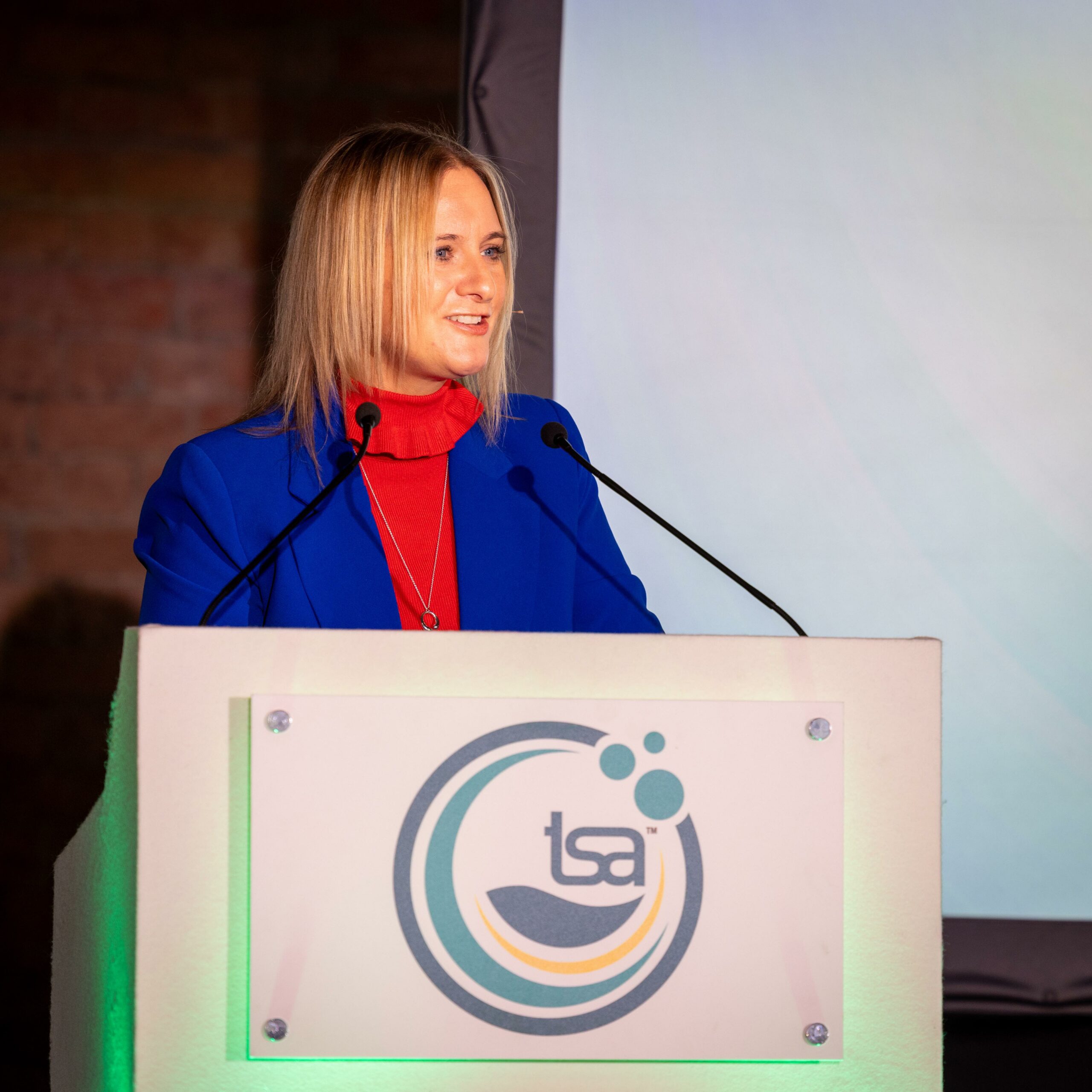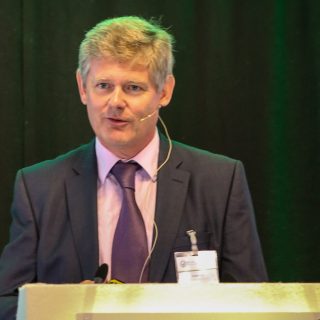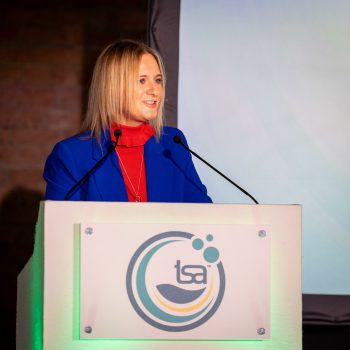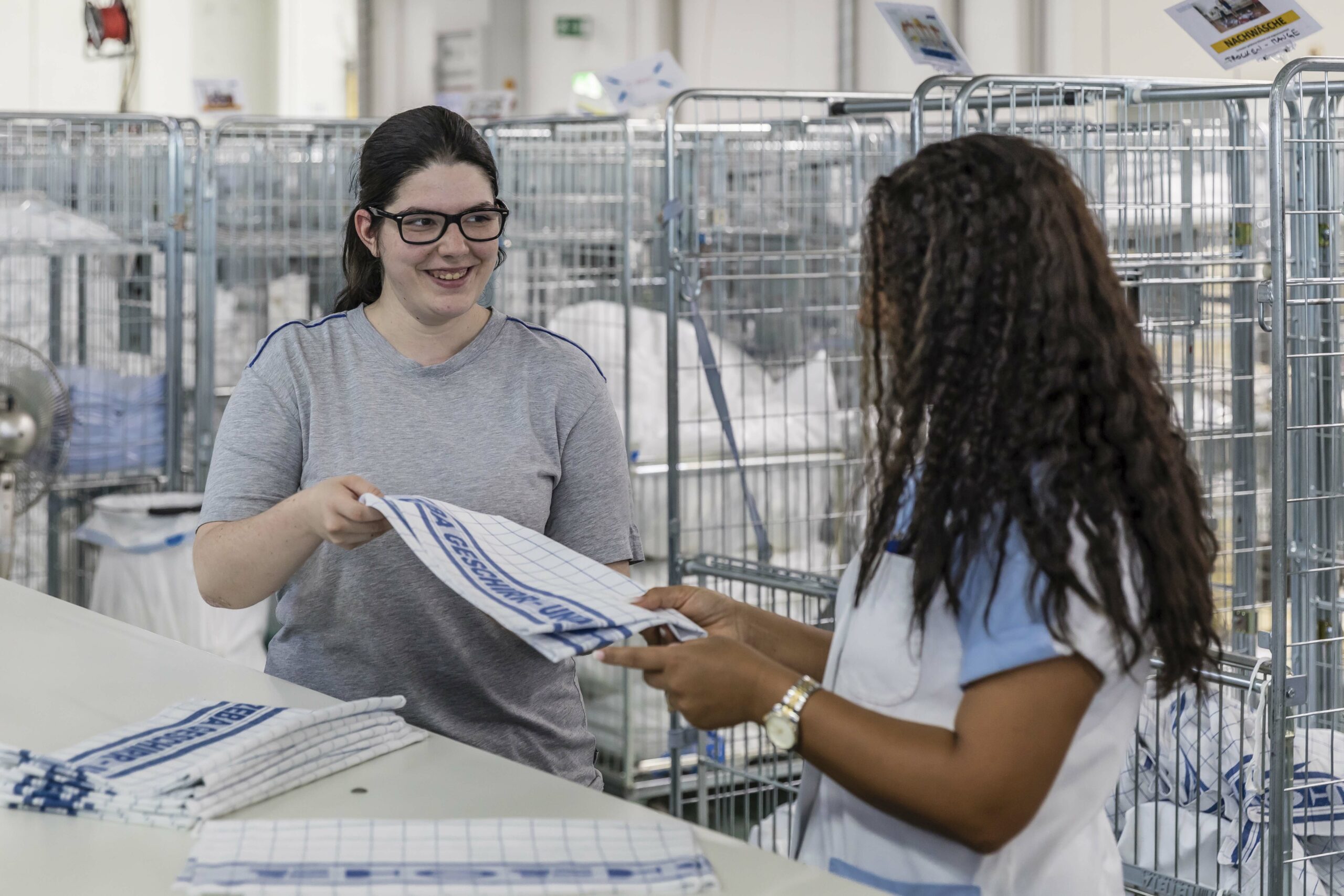Get easy access to supplier-specific H&S documents
The Textile Services Association (TSA) has launched the Supplier Document Portal on its website, a useful and functional platform that can enhance a contractor management process within laundries. The document portal aims to provide its members with access to the health and safety documents required to complete a work contract, especially when a supplier needs to attend a laundry site in person. This launch is part of the TSA’s mission to provide laundry and supply members with tools and resources to make their operations as safe and effective as possible.
TSA’s H&S Steering Group together with Shyju Skariah, Director of TSA’s Technical Programmes facilitated contractor management training from a H&S perspective earlier this year. The expert group recommended the bespoke development of the document portal to ease the repetitive administrative burden on both laundries and suppliers.
The Portal is simple to use. Suppliers can sign up and then upload essential documents to their profiles. A link can then be sent to a laundry allowing them to download the first documents they’ll need. This will then allow the suppliers to identify more specific follow-ups required, based on the initial responses. This helps to reduce the administrative burden and streamlines these complex processes.
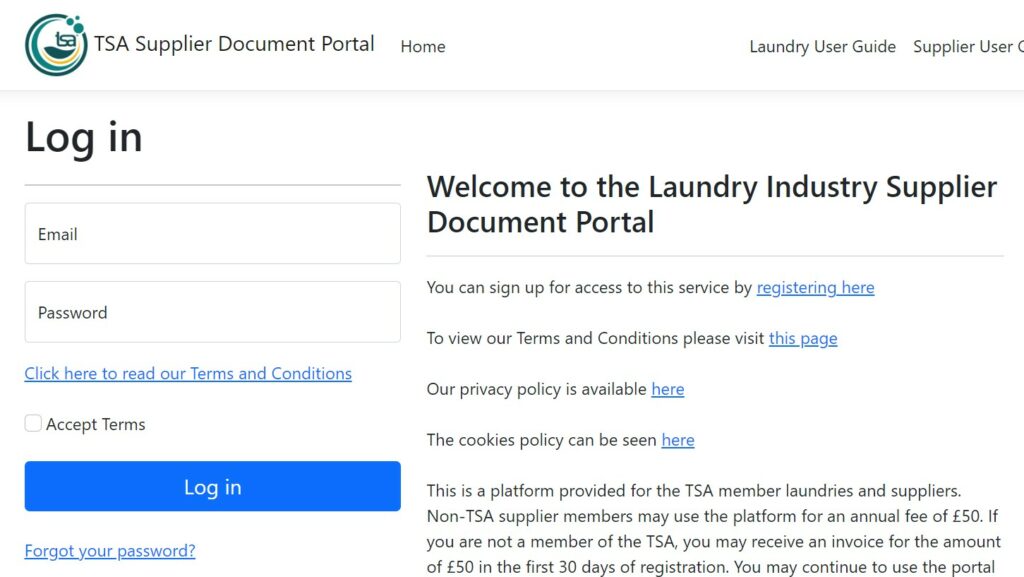
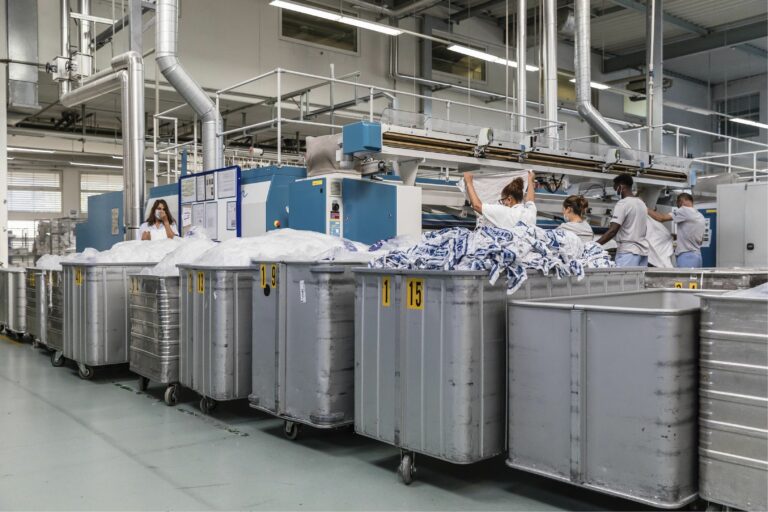
As regulations and legislation change regularly, the platform also allows users to raise a query about any document on a supplier’s profile. The query will be sent to the supplier allowing them to address it, and update the document if required.
“Agreeing a new contract between two companies can be a time-consuming process,” says David Stevens, CEO of the TSA. “Our new Supplier Document Portal takes the guesswork out of whether you’ve got all the documents you need to get things off on the right foot. We know it’s going to be a useful resource for the laundry industry and its partner companies.”
The Supplier Document Portal is available for both laundry and supplier members of the TSA, but non-member suppliers can sign up to use it for an annual fee. The Portal can be accessed at supplierportal.tsa-uk.org
If you have any queries, please do not hesitate to get in touch with us either via email or phone:
T +44 (0) 20 3151 5600
